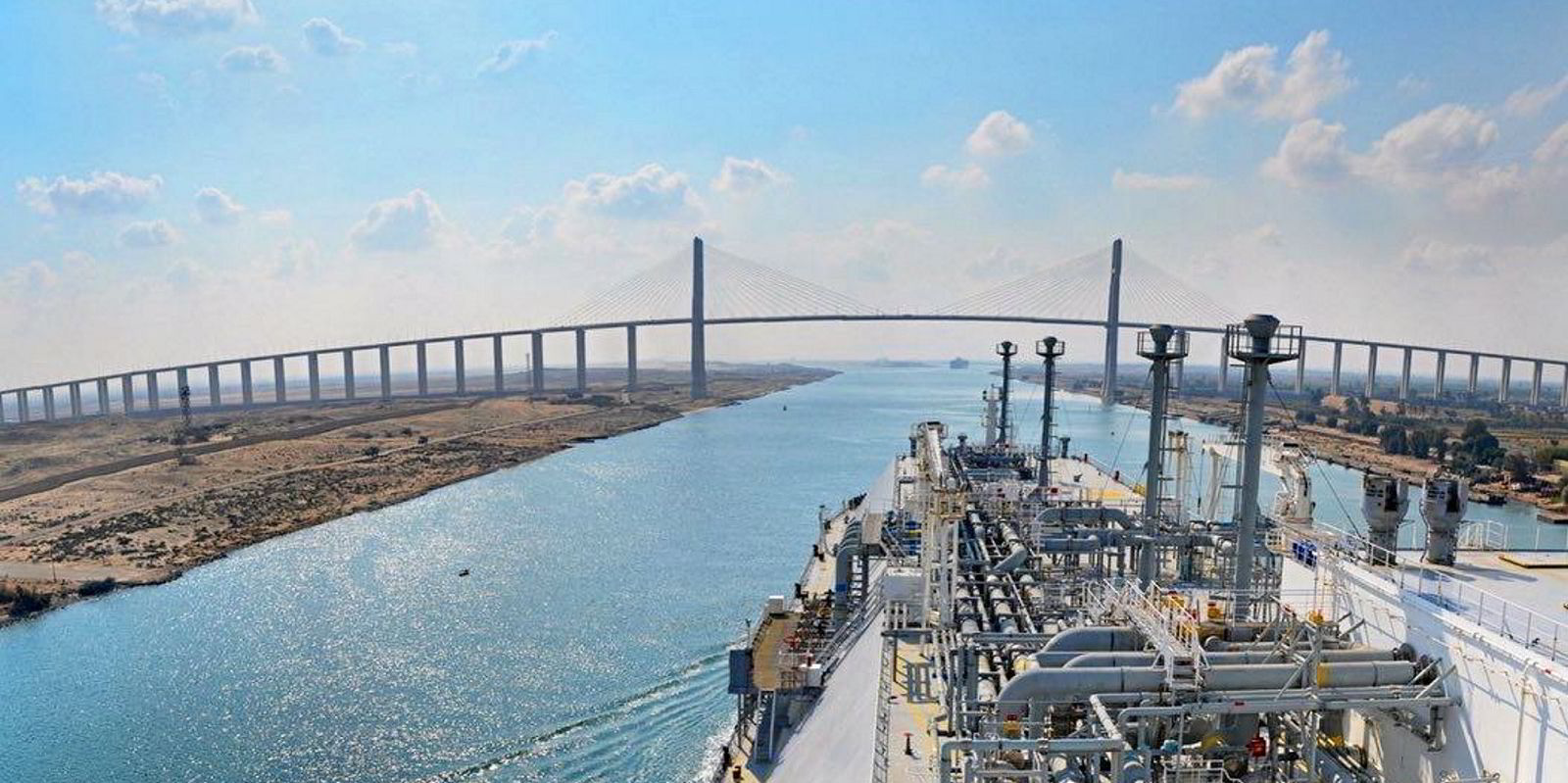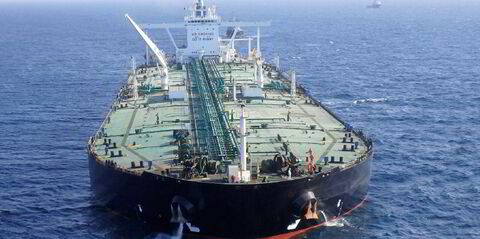The cost of rerouting ships around Africa away from the Suez Canal is likely to be more than offset by rising freight rates, according to a report by Fitch Ratings.
Container shipping is likely to see the largest freight rate increases, followed by bulk carriers, the US credit ratings agency argues.
Tankers are already enjoying high rates so rises in that sector may be limited, it added.
Around 25%-30% of global container shipping volumes pass through the Suez Canal, according to Fitch estimates.
Rerouting these vessels around Africa — as several lines have already done to avoid Houthi attacks — could increase travel time by 50%, it believes.
That could reduce effective global container shipping capacity by 10%-15%, the company noted.
Lines could increase vessel speed and reduce the number of port calls to counteract longer routes. This would be needed as levels of idle capacity are also low.
“However, we do not expect disruptions to last long enough to have a meaningful impact on global shipping’s supply-demand balance in the medium term. Furthermore, not all container ships are being diverted from Suez,” Fitch noted.
“We still expect supply of container shipping capacity in 2024 to outstrip demand growth by about 4 percentage points,” the company said.
Contract rates
Where the disruptions could have an impact is on annual contract rates, which may increase if the disruption lasts for more than two quarters, the agency notes.
Long-term contracts are normally reset in the first half of the year.
These are less likely to be impacted by the US-led military coalition being put in place to create a safe corridor.
Fitch argues that supports the argument that the rerouting of vessels is unlikely to be sustained.



